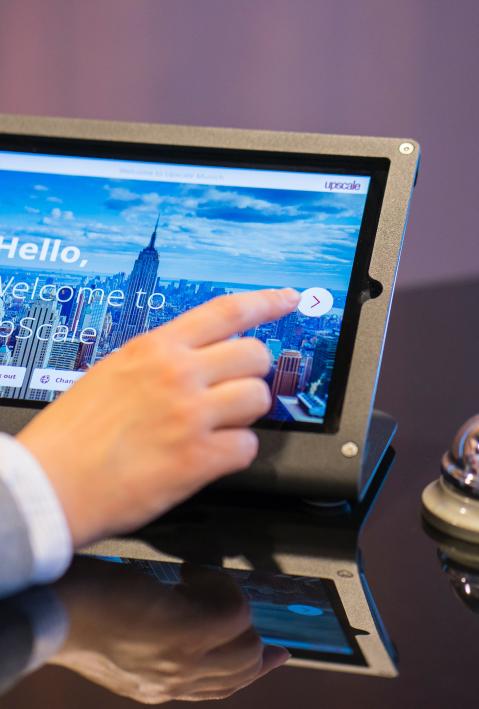The hotel and catering industry is one of Germany's most important business sectors. Although the greenhouse gas (GHG) intensity of the individual businesses is generally quite low, the sector does produce some 15 million tonnes of CO2 emissions a year in total. In view of that, measures to cut GHG intensity are essential. Consequently, an agreement was signed in 2005 between the German Federal Environment Ministry and the German Hotel and Catering Trade Association ("Hotel- and Gaststättenverband") to commit their joint efforts towards improving energy efficiency in the sector and cutting greenhouse gas emissions.
A five-year "Hotel and Catering Energy Campaign" aimed to publicise ways of cutting energy costs to hotels, inns and restaurants in Germany and to encourage them to implement appropriate measures. The three core elements of the campaign were energy-saving advice sheets, a website, and an energy-saving programme. The energy-saving advice sheets, containing details of organisational and technical options for saving energy and accompanied by relevant checklists, are issued to participating businesses on a quarterly basis. The energy-saving programme enabled any participating business to create a customised energy profile and to identify their potential savings. The website provided detailed technical information and a range of other special tools.
In the third year of the project the website was upgraded to incorporate features including a database of case studies and an energy forum. New calculation programmes for lighting and contracting were added, and the technical information on specific subjects (such as restaurant/bar, building infrastructure, ventilation and air-conditioning and environmental communications) was expanded. The pool of participating businesses was increased to more than 4,000.

